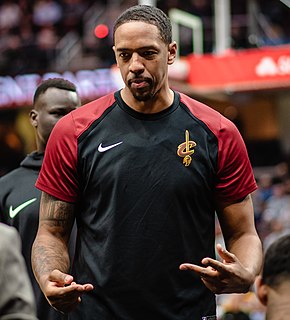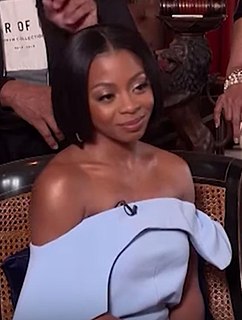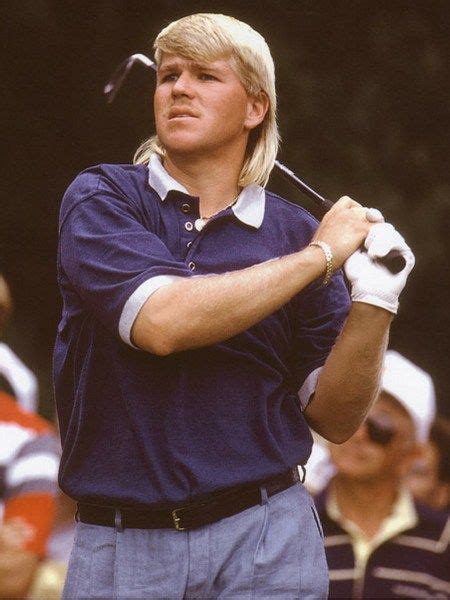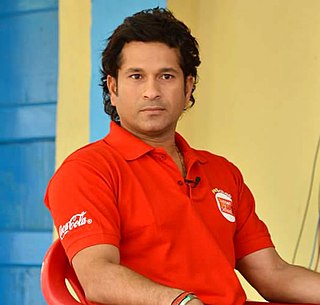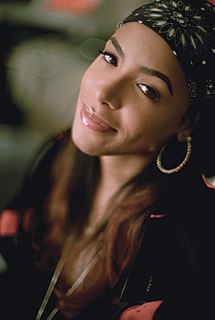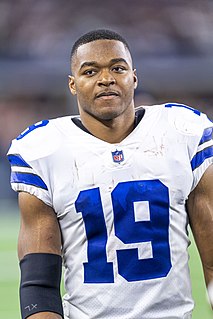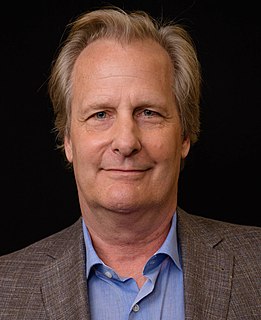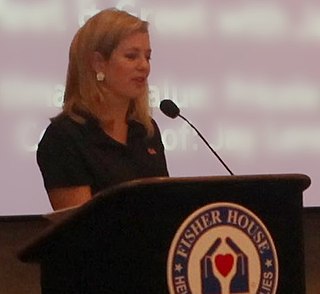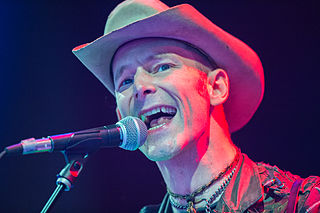A Quote by Quentin Tarantino
The film [Django] really has a lot of ups and downs, and taps into a lot of different emotions. To me, the trick was balancing all those emotions, so that I could get you where I wanted you to be by the very end. I wanted the audience cheering in triumph at the end.
Related Quotes
Longing surged up within me. I wanted it. Oh God, I wanted it. I didn't want to hear Jerome chastise me for my "all lowlifes, all the time" seduction policy. I wanted to come home and tell someone about my day. I wanted to go out dancing on the weekends. I wanted to take vacations together. I wanted someone to hold me when I was upset, when the ups and downs of the world pushed me too far. I wanted someone to love.
I always wanted to live the lives of different people, portray characters that are different from me. But I could have done that in front of a mirror, also, I didn't need to do films for that. At the end of the day, it's this fame, recognition, popularity, the love and appreciation you get from your audience that drives you.
A lot of guys go through ups and downs in their careers, and sometimes those downs are like horrific and they can really change you. A lot. And so when you go out there and do something like score a touchdown and have a good game, you appreciate it so much more when you've been through those valleys in life.
It seems to me that dominant cinema seems to require an empathy or a sympathy between the film and the audience which is basically to do with the manipulation of the emotions and it seems to me again -- and this is a very subjective position -- that most cinema seems to trivialise the emotions, sentimentalising or romanticising them.

